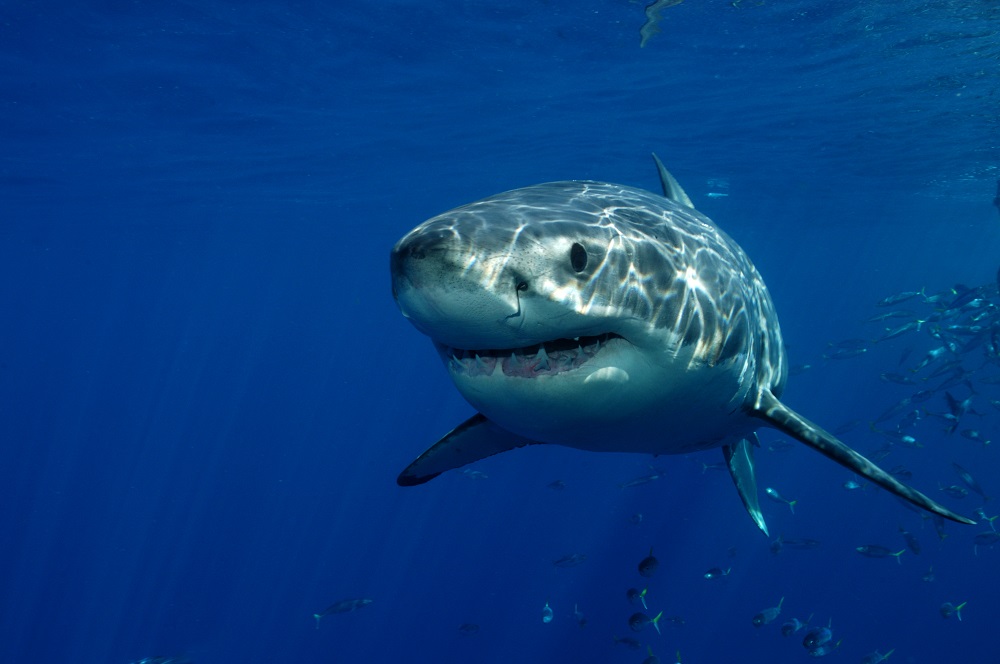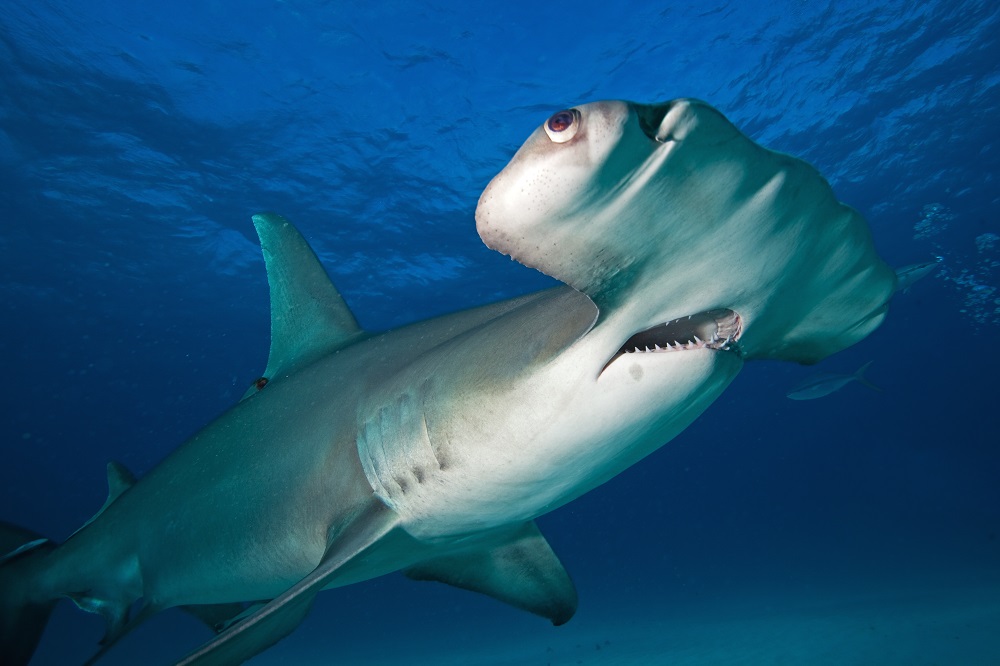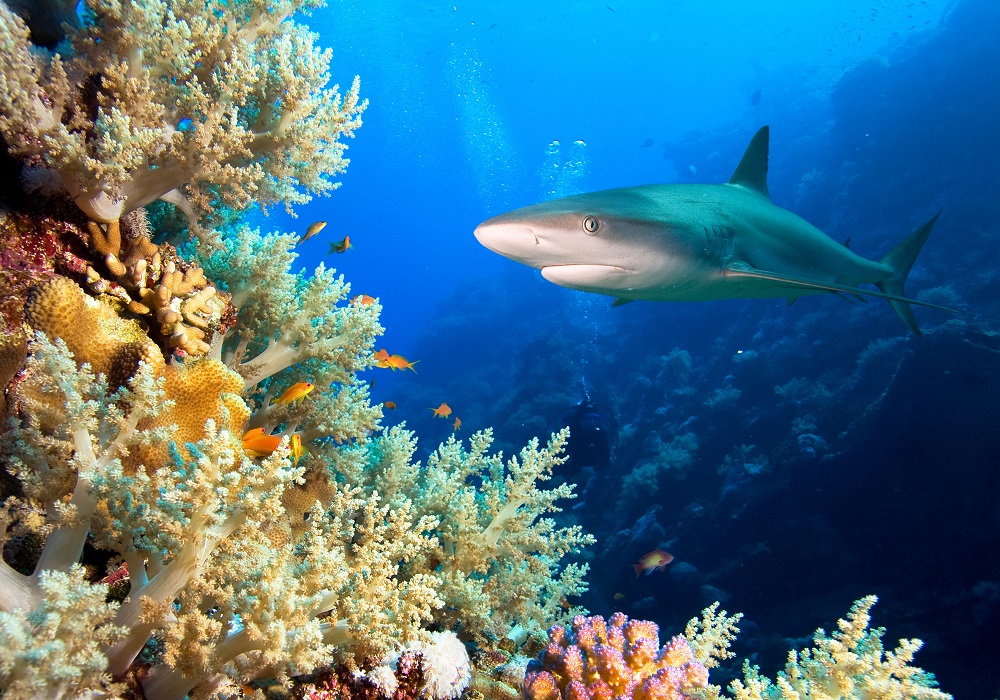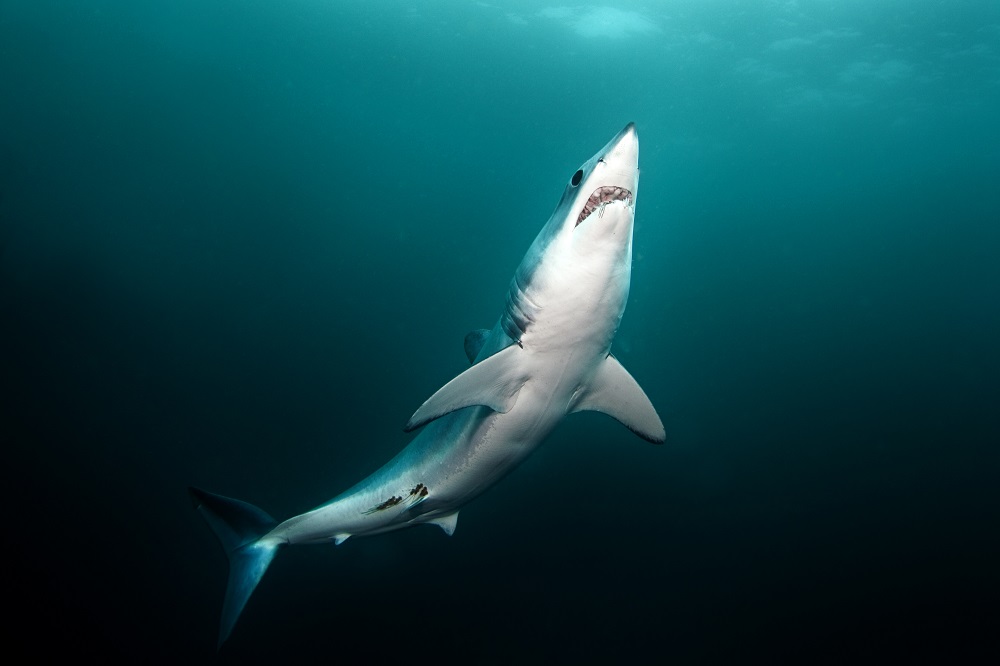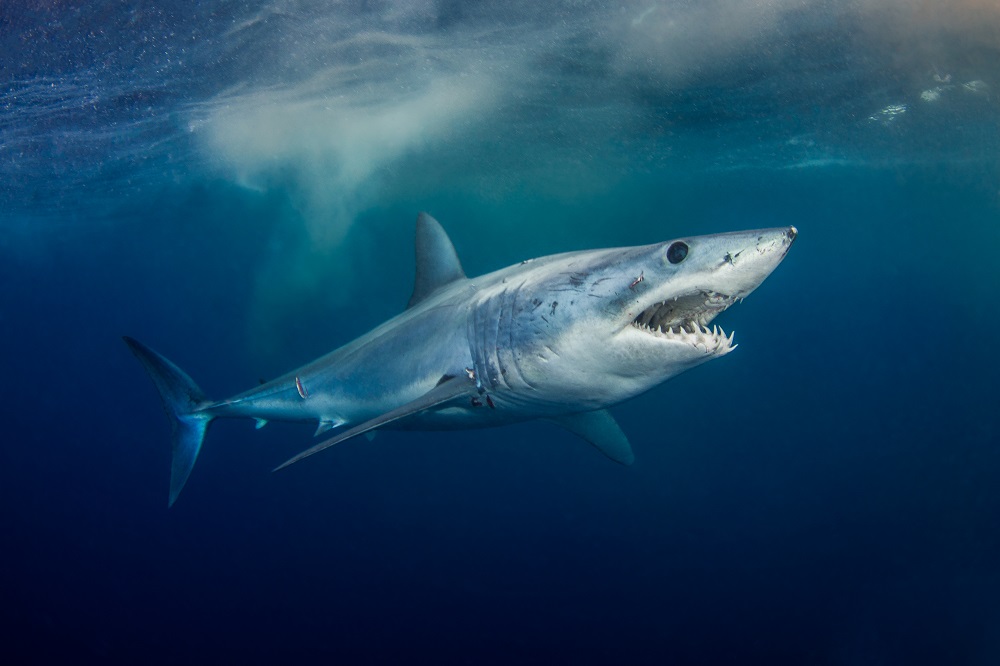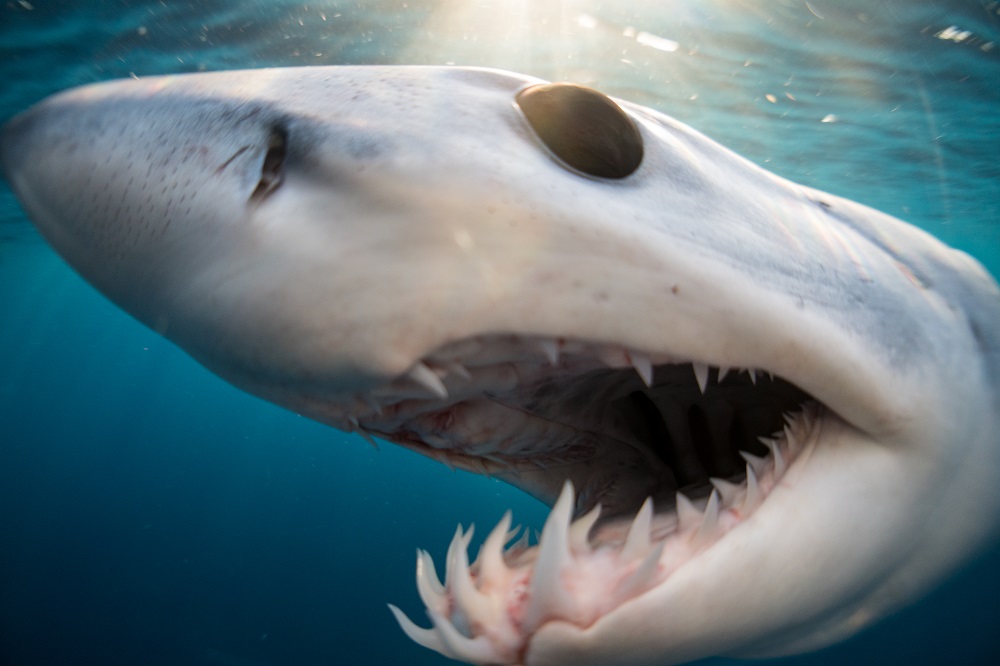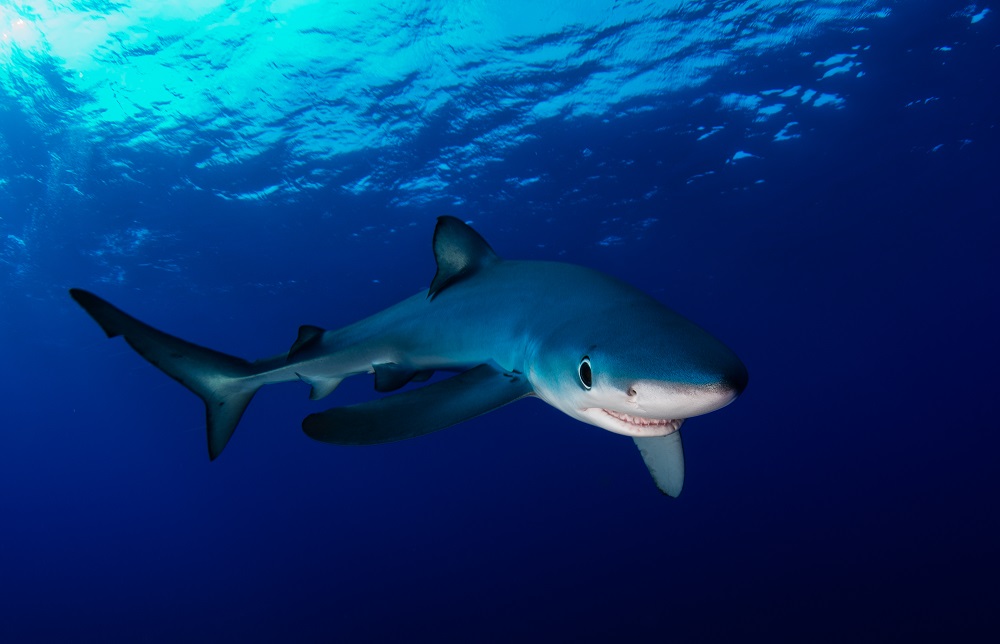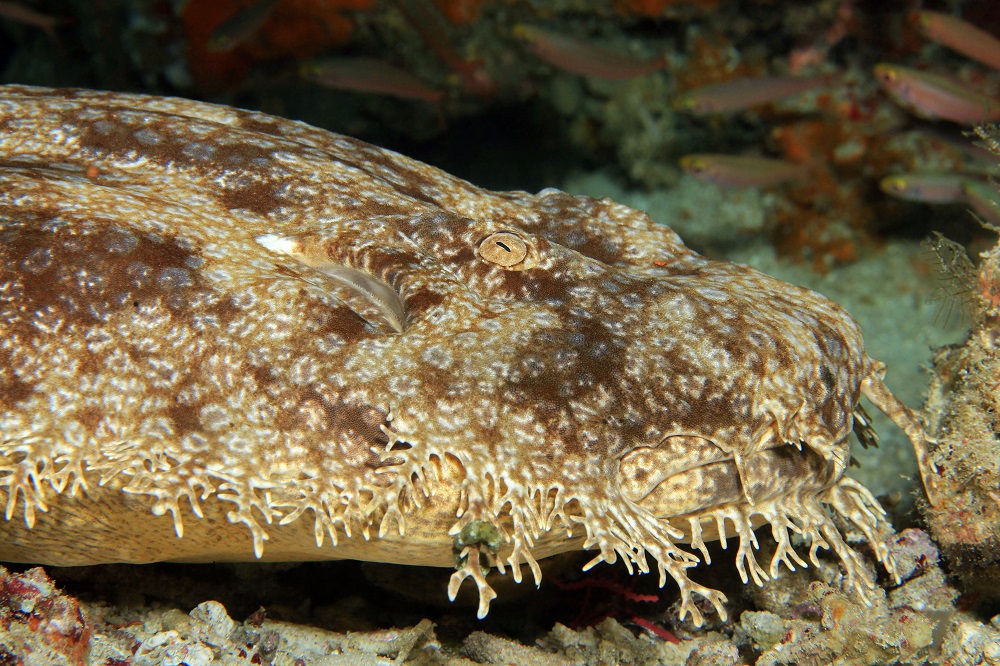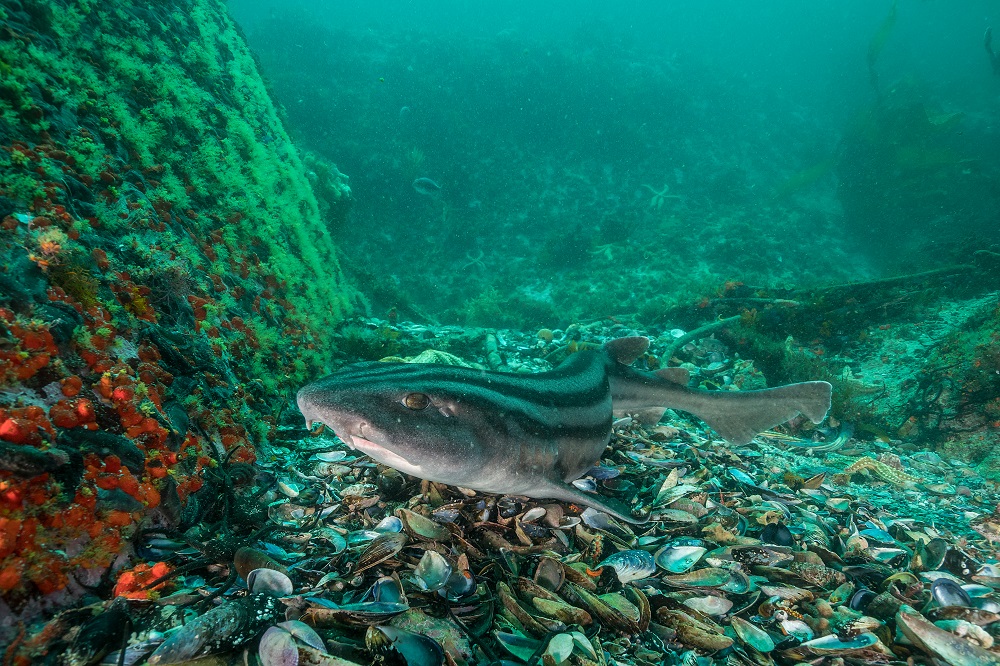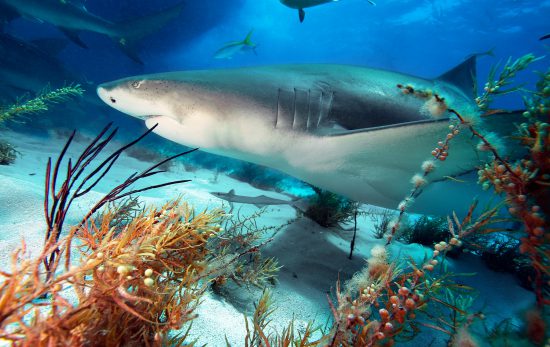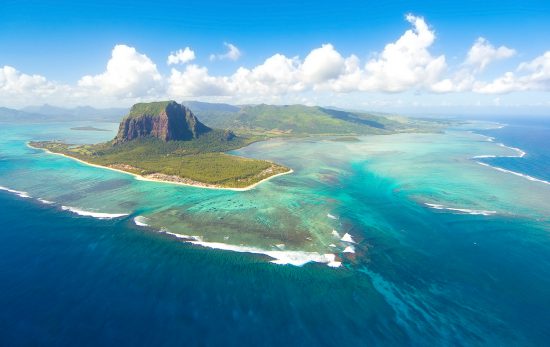2020 has, so far, been a year of shock, confusion and sudden changes to the fundamental ways of life across the globe. What was supposed to be a super year for ocean conservation has been swept up by catastrophic bushfires in Australia and of course, a global pandemic that has affected everyone on the planet.
One thing that is as certain as the marching of time is Discovery Channel’s annual television shark-fest, namely Shark Week.
Every year you can count on the Discovery Channel to bring you a range of shark-themed programs ranging from celebrities diving with sharks, great white sharks breaching, sharks hunting and feeding and hunts for “elusive and massive” sharks. While the majority of the schedule is aimed at providing much needed entertainment during these troubled times, it’s always good to remind ourselves that there are more than 500 known species of sharks beyond the few we regularly encounter on Shark Week (why so many shows on Great White sharks?), and many species are facing increased threats of extinction.
One threat that many people are aware of that threatens some shark species is the lucrative market for shark fin soup.
Most people have heard of the process of finning a shark, which is the cruel and wasteful practice of removing the valuable fins of sharks that are caught commercially and then dumping the lower value body overboard. What many people don’t know is that this process is banned by practically every country that fishes commercially, and is mainly an illegal practice.
The much bigger threat to many shark populations is from rampant and unchecked commercial fishing for sharks, which is something that is not limited to one or two specific countries.
For example, did you know that in the Atlantic, the shortfin mako shark, the fastest shark in the ocean, is on the verge of extinction due to the continued overfishing of the US and European fishing fleets? The US and EU, backed up by support from the tiny Caribbean nation of Curaçao, have continually blocked limiting mako shark catches in the Atlantic, even though fisheries scientists advise a complete ban on catching makos.
Even countries such as China, Taiwan and Japan, countries usually seen as the main culprits of shark overfishing, recognise the need to take urgent action to prevent makos disappearing from the Atlantic.
PADI AWARE Foundation, coupled with our Shark League partners, have been pushing governments to reduce overfishing for sharks for years, and we are actively working to try to put in much needed protections for makos in the Atlantic.
Take Action: You can find out if your country is supporting these protections, or whether they are blocking them (looking at you US, EU and Curaçao) with our Mako Champions Map. If they aren’t, let us know and we can help you get in touch with your relevant government’s representatives.
While very few people are likely to have a first-hand encounter with the elusive mako shark, which spends the bulk of its life further offshore, sharks that divers and snorkelers often come across also face threats.
In early August, a truly phenomenal piece of ground-breaking research was published looking at the threats and conservation potential of reef sharks on a global scale. The Global Finprint project brought shark and ray scientists from all over the world to collect and analyse thousands of hours of video footage from 371 coral reef systems in 58 different countries.
One of the most concerning things this research found is that reef sharks were not seen on 19% of the surveys, indicating that sharks were in such low abundance that they are likely unable to perform their ecological role. That said, the paper did highlight cases for optimism.
Shark and ray populations did well where there were effective protection measures. PADI AWARE Foundation is working with the diving family to help protect these species and critical habitats. If you are (or even thinking about becoming a diver) check out the AWARE Shark Conservation course. If you are a dive or tourism operator, PADI AWARE Foundation has developed a Responsible Shark and Ray Tourism Guide which gives you tips and tools to contribute towards conservation and research.
If you just want to support PADI AWARE Foundation’s work, even if it’s just during Shark Week, check out their supporter page or PADI Gear, who will be donating a percentage of their Shark Week sales to PADI AWARE Foundation.
Whatever you do during Shark Week, remember that PADI AWARE Foundation lives every week like it’s Shark Week.
